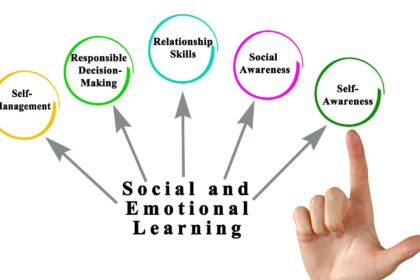How Egotism Affects Tendencies of the Mind
“Implicit Egotism” was written by Brett Pelham, Mauricio Carvallo, and John Jones of the University of Buffalo, State University of New York, and West Point educational institutes, respectively. The article was published in 2005 in the 14th volume of the Current Directions in Psychological Science. The article investigates the tendency of the mind to gravitate towards people, places, things, and ideas which best reflect themselves. This tendency is also known as implicit egotism. The article analyzes evidence that might support the hypothesis that implicit egotism is an unconscious process that relies upon a foundation in favorable self-associations (Pelham, et al., 2005).
Many studies and evidence were reviewed throughout the article to determine an affinity for values which provide a positive perspective of oneself or for familiar associations (Pelham, et al., 2005). A series of studies contributed to the methodology of review which outlined an individual’s interest (or lack thereof) in their own name, social settings, and geographical location. It was proven that people favor letters in their own names more than other letters, and objects which have been given to them more than objects which do not belong to them (Pelham, et al., 2005). There were also many broader studies which were reviewed that indicated a natural, subconscious liking towards objects or concepts which are more widely known or liked (such as being named after a popular state or person from the Bible). Some studies even found that people who share the first few letters in their name as that of the name of a state, were more likely to move there in their lifetime. There is a rareness factor as well in the foundational basis and prolonged effect of implicit egotism. For instance, an individual with a rare name or object is more likely to experience higher degrees of implicit egotism for their name or object, as they are less likely to encounter others like it (2005). The article cements strong facts which indisputably rule out alternative theories to implicit egotism being derived from anything other than favorable self-associations. There is profound evidence that implicit egotism is a judgmental consequence that is directly related to people’s self-associations (Pelham, et al., 2005). The article has provided a consensus of many studies and surveys; And this encourages the next progressive research as to how to analyze the subliminal impact of implicit egotism on society. The article also raises great awareness in terms of how engrained implicit egotism is within a person’s decision-making process.
References
Pelham, B., Carvallo, M., & Jones, J. (2005). Implicit Egotism. Current Directions in Psychological Science, 14(2), 106-110. Retrieved July 9, 2020, from www.jstor.org/stable/20182998




